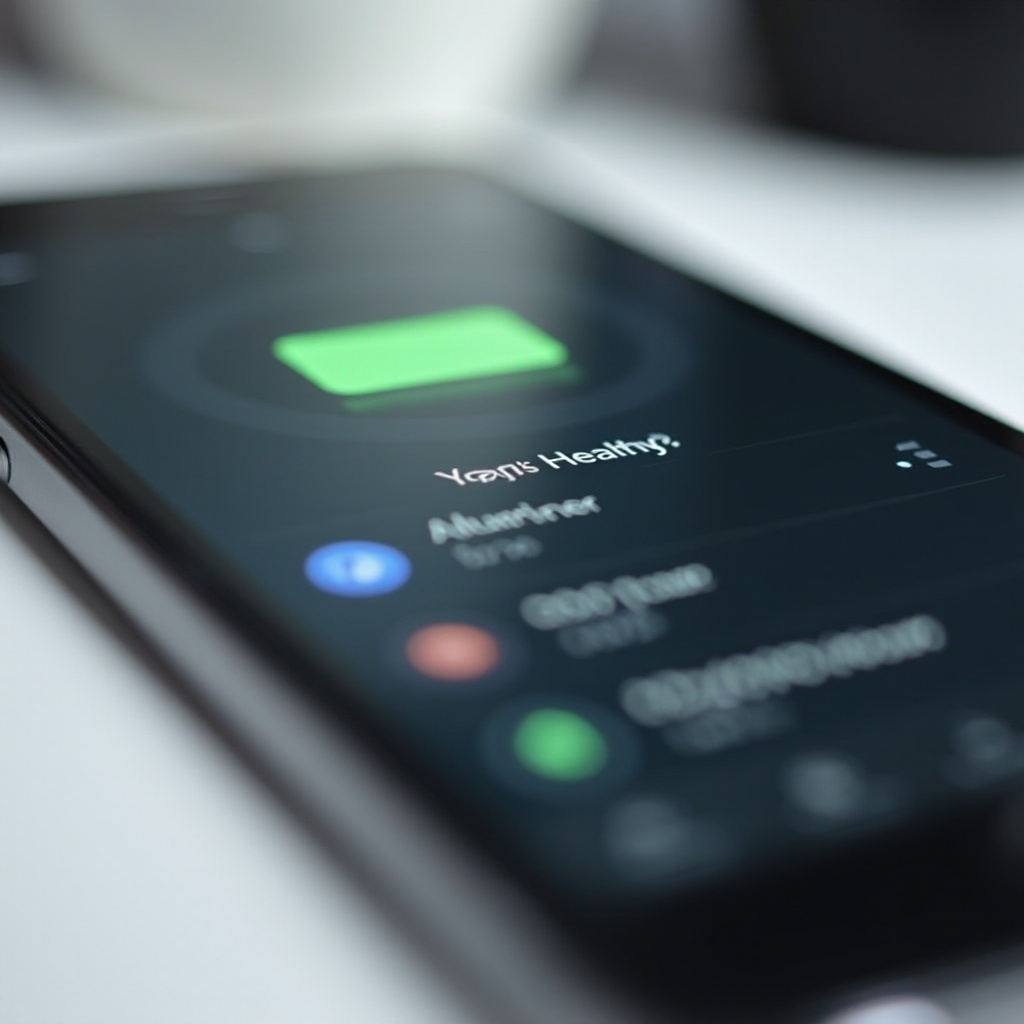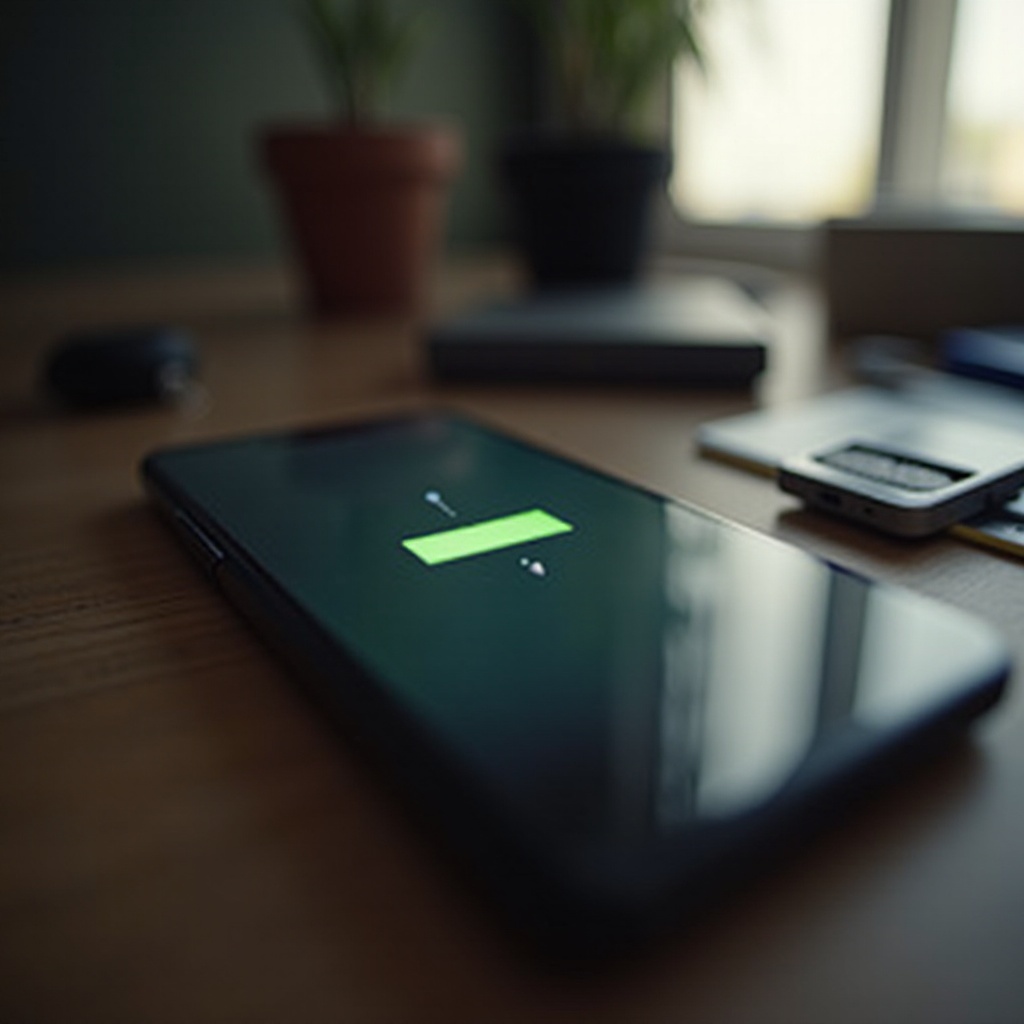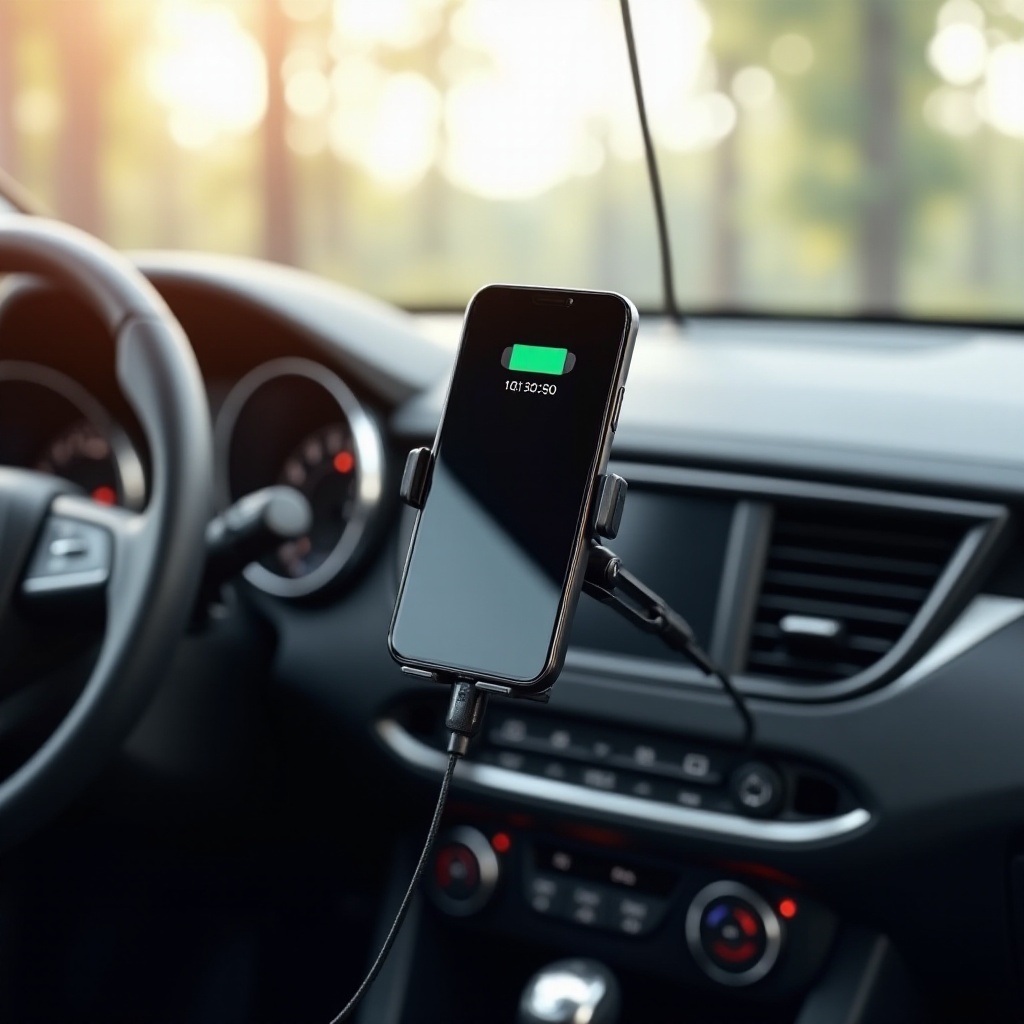Rechargeable batteries have a limited lifespan, and iPhone batteries are no exception. Over time, you might notice your device's battery life dwindling, prompting the question, 'Is it worth replacing an iPhone battery?' This blog seeks to answer that question by exploring the advantages and disadvantages of battery replacement and providing insights to help you make an informed decision.
Understanding iPhone Battery Life
Typical Lifespan of an iPhone Battery
iPhone batteries are designed to retain up to 80% of their original capacity at 500 charge cycles. A full charge cycle refers to using 100% of the battery's capacity, regardless of how you use it. Depending on your usage patterns, this translates to approximately 18 to 24 months of regular use.
Factors That Affect Battery Performance
Several elements can affect your battery's lifespan:- Usage Habits: Frequent use of heavy apps and continuous internet browsing can drain your battery quickly.- Charging Routine: Consistent partial charging and avoiding extreme temperatures can prolong the battery life.- Software Updates: While updates can enhance your phone's performance, some may lead to increased battery drain.
Understanding these factors can help you make more informed decisions about when and how to use your battery.

Benefits of Replacing Your iPhone Battery
Cost Savings Compared to Purchasing a New iPhone
When faced with a failing battery, buying a new battery is substantially cheaper than purchasing a new device. The cost of a battery replacement typically ranges from $49 to $69, far lower than a new iPhone costing several hundred dollars.
Improved Performance and Battery Life
A new battery can restore your phone's performance. You'll notice faster speeds and longer battery life, reducing interruptions in your day-to-day activities. Many users report their devices running almost as good as new after a battery replacement.
Environmental Benefits
Replacing your battery instead of buying a new phone is an environmentally responsible choice. It reduces electronic waste and the demand for resources needed to manufacture new gadgets, contributing to a more sustainable future.
Despite these benefits, it is also essential to weigh them against some of the drawbacks.
Drawbacks of Replacing Your iPhone Battery
Potential Risks and Issues
While there are clear benefits, there are also some risks involved in replacing your iPhone battery. If not done correctly, there is a risk of damaging the internal components of your iPhone. This is why it is essential to rely on qualified technicians for the replacement.
Situations Where Replacement May Not Help
In some cases, battery replacement might not completely resolve your issues. If your phone exhibits other hardware problems or significant wear and tear, replacing the battery may offer only a temporary reprieve. In such cases, investing in a new phone may be a more cost-effective and hassle-free solution.
To make an informed decision, it is necessary to assess the condition of your battery.
How to Assess if You Need a New Battery
Using iOS Battery Health Feature
iPhones come with a built-in Battery Health feature, accessible under Settings > Battery > Battery Health. This tool provides insights into your battery's maximum capacity and peak performance capability. If the maximum capacity falls below 80%, it might be time for a replacement.
Other Diagnostic Tools
Beyond the Battery Health feature, you can use diagnostic tools available through Apple Stores or third-party services to evaluate your battery's condition. These tools can offer a comprehensive assessment, helping you determine whether a replacement is necessary.
Once you've determined that a battery replacement is required, it's vital to consider your replacement options.

Options for Replacing Your iPhone Battery
Official Apple Replacement Services
Apple provides battery replacement services. You can schedule an appointment at an Apple Store or authorized service provider. The replacement is usually done within a few hours, and using Apple's service ensures that you receive a genuine battery and professional installation.
Third-Party Repair Services
Third-party repair services often provide more cost-effective solutions and quicker turnaround times. However, it's crucial to choose a reputable service provider to avoid substandard batteries and unskilled workmanship that could harm your device.
DIY Battery Replacement: Pros and Cons
For those who are tech-savvy, DIY battery replacement kits are available. These kits come with the necessary tools and instructions. While DIY can save money, it comes with risks, such as voiding the warranty and potentially damaging the device if not done correctly.
Weighing the pros and cons of these options can help you make the best choice for your situation.

Conclusion
Determining whether replacing your iPhone battery is worth it boils down to several factors: the age of your device, its overall condition, and your specific needs and budget. For many, battery replacement can bring significant cost savings and performance improvements, making it a smart choice. However, in cases where a phone has multiple issues, investing in a new device might be a better long-term solution.
Frequently Asked Questions
What is the typical cost of replacing an iPhone battery?
The cost for an Apple-provided battery replacement ranges from $49 to $69, depending on the iPhone model. Third-party services might offer lower prices but ensure they use quality parts.
Can I replace my iPhone battery myself?
Yes, you can replace your iPhone battery yourself using a DIY kit. However, this comes with risks like damaging your device and voiding any warranties. Proper skill and careful handling are required.
How can I extend my iPhone battery life after replacement?
To extend your new battery's life: 1. Avoid exposing your phone to extreme temperatures.2. Charge your battery partially, not letting it drop to 0% or topping it to 100%.3. Keep your software updated.4. Use power-saving features when possible.




